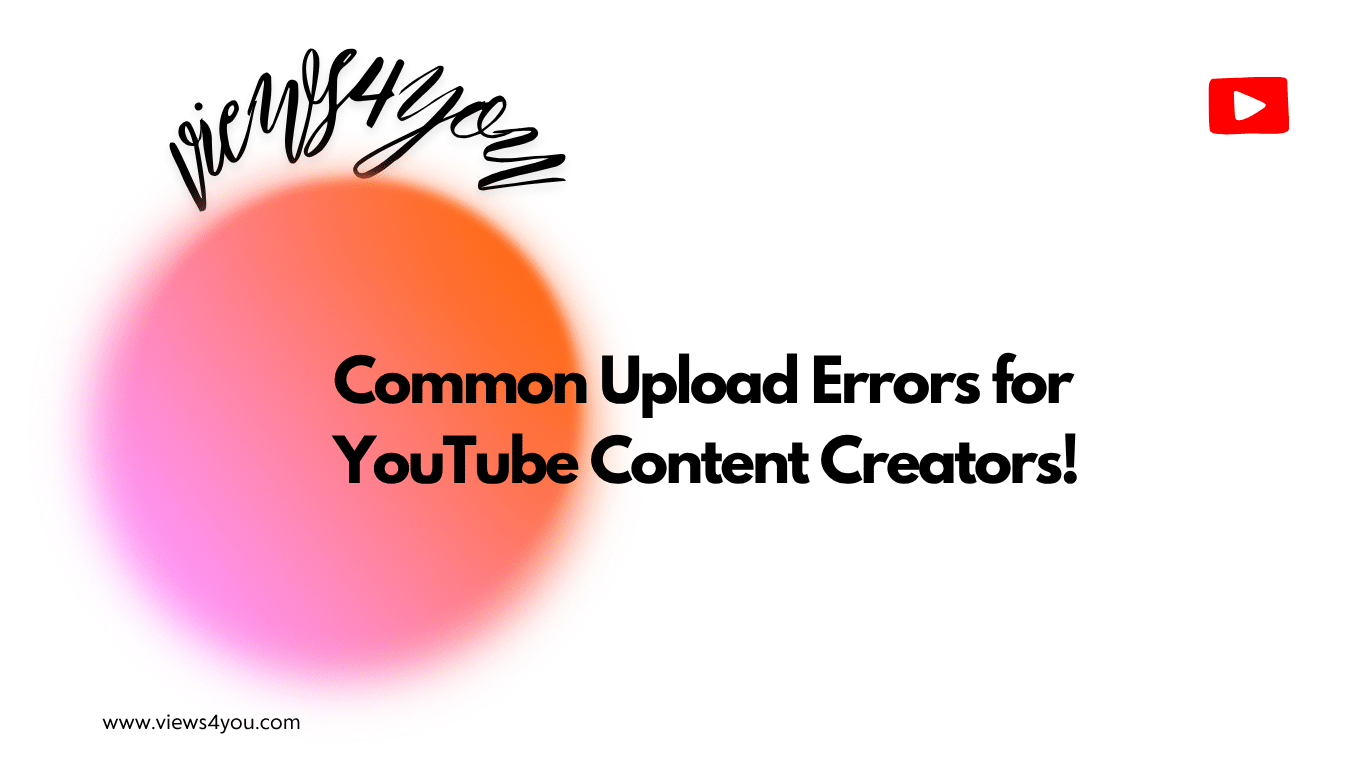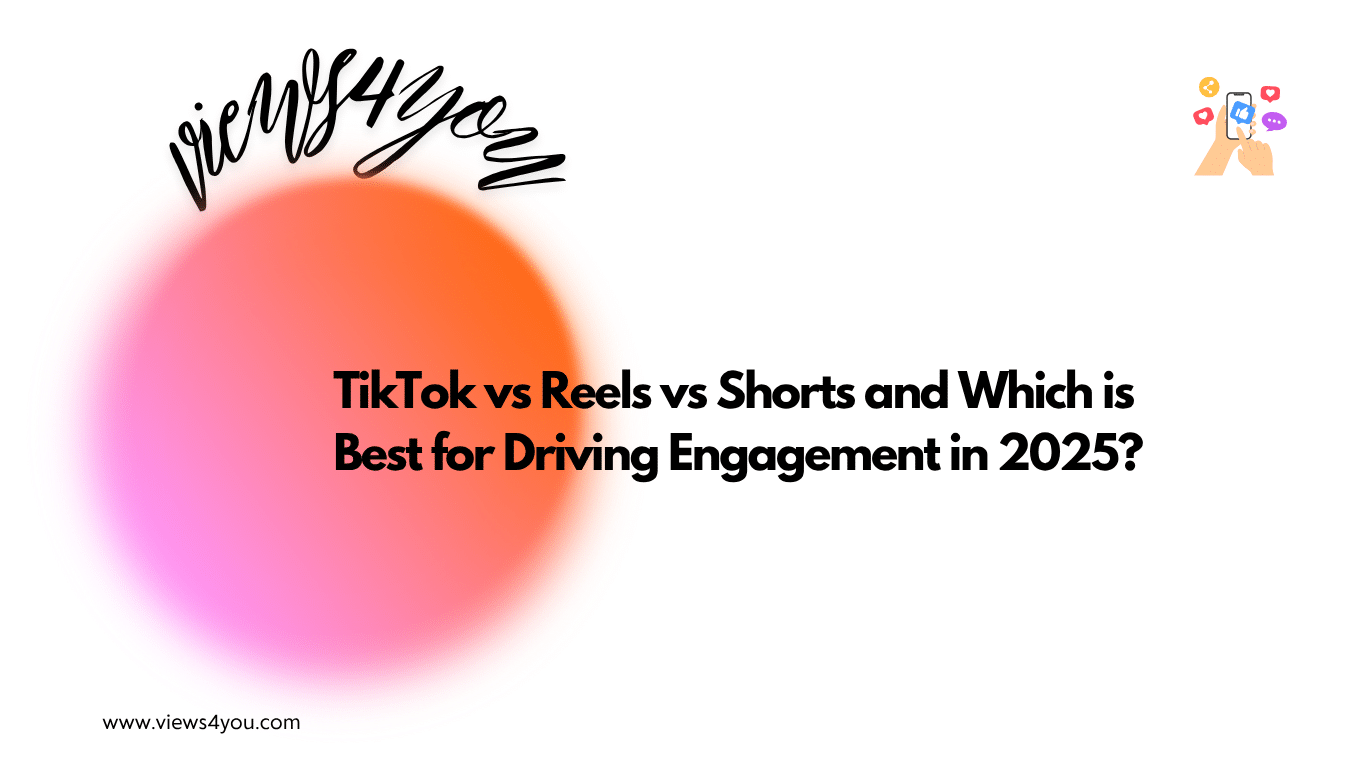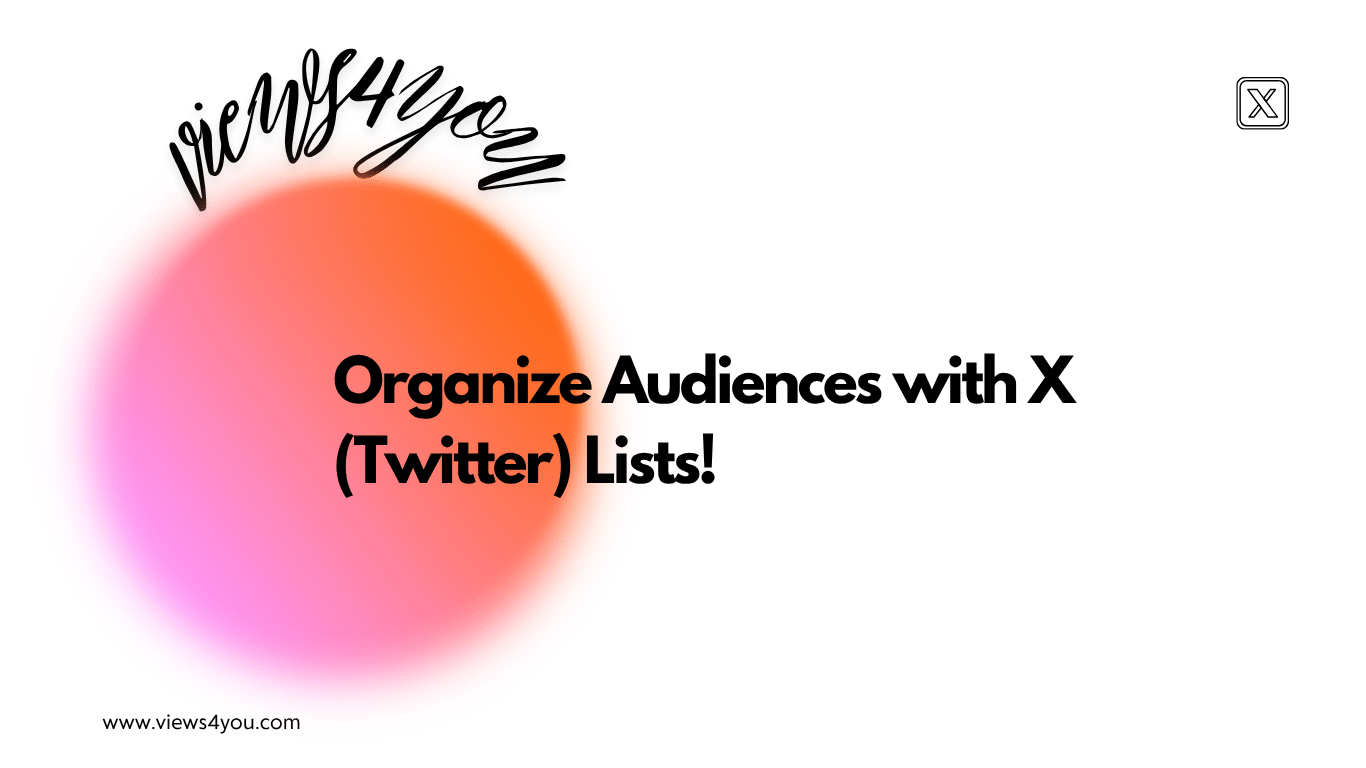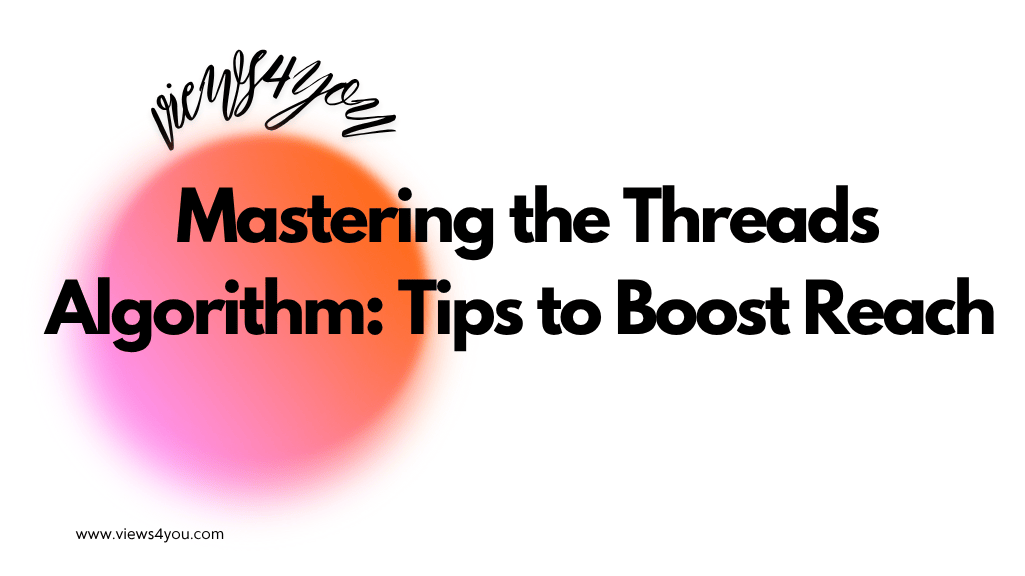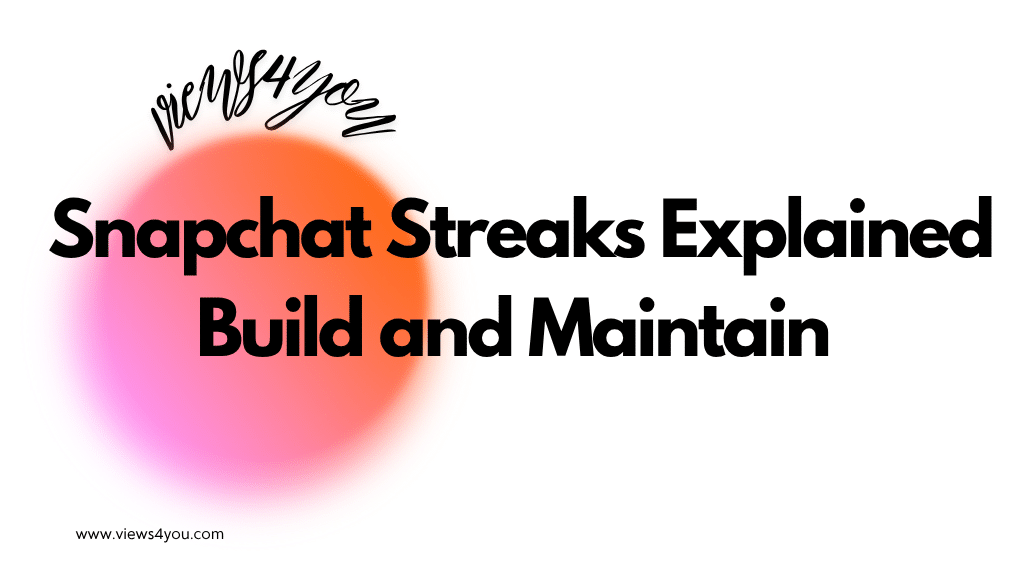Ad revenue is the primary way people make money on YouTube. To earn money this way, you must meet certain eligibility criteria like having a minimum of 500 subscribers and 3000 watch hours. When you do, each ad view on your video after monetization counts toward your overall income. As a YouTuber, it’s smart thinking to want to know how much YouTube will pay when you get up to 1000 views. I get it. It gives you something to look forward to or even helps you plan better.
Not to worry, you’ll find the answers to your question, “How much does YouTube pay for 1000 views?” in this post.
Key YouTube Monetization Metrics
Before you learn the exact earnings for 1,000, you should know the basic terms and metrics affecting your revenue. Different YouTube monetization metrics affect your earnings. The most important ones are watch time, views, and subscribers.
If you want to earn money on this platform, you should join the YouTube Partner Program. You need to have 4,000 valid public watch hours in a year or 10 million valid public Shorts views in the last three months and 1,000 subscribers. Plus, you need to reside in a country or region where the YPP is available. Also, create a linked Google AdSense account to start receiving the payment.
The other key metric is Revenue per Mille (RPM), which means the revenue earned per 1,000 views. All income sources including ads, and membership are included. One of the most important metrics is Cost per Mille (CPM). This shows that the advertisers pay for each 1,000 ad impressions. This is based on monetized playbacks and it can vary according to niches and regions. For example, if you are a YouTuber in the U.S.A. and beauty niche, your CPM rate can range from $5 to $15 per 1,000 ad impressions.
Impressions Click-Through Rate a.k.a. CTR is another factor affecting YouTube monetization. It indicates the percentage of impressions that turned into views. Another term is Cost Per Click (CPC) which refers to the amount advertisers pay each time a user clicks on their video ad. This is mostly used for overlay and display ads.
Cost Per View (CPV) is also crucial for YouTube monetization. It refers to the amount advertisers pay each time their video ad is viewed by a user. This is usually used for TrueView ads which are skippable ads that play before, during, and after your videos.
The Difference Between Views and Ad Views on YouTube
Views indicate the total number of times your video has been watched by users on the platform. A viewer should watch your video for at least 30 seconds; therefore, it can be counted as a view.
On the other hand, ad views are referred to as Monetized Playbacks or Ad Impressions. It shows the number of times ads are displayed to viewers during your videos. If a user watches an ad on your video, it is counted as one ad impression.
It can be said that views impact your revenue indirectly, whereas ad views impact directly since it is used to calculate ad revenue.
How Much Does YouTube Pay for 1000 Views?
Getting thousands of video views is great. It’s a sign that people are discovering your video and possibly find it useful. However, the number of video views you get does not directly translate to more earnings. In fact, you don’t get paid for video views on YouTube. Instead, YouTube only pays creators based on ad views.
Are you wondering what the difference is? Keep reading, I’ll explain in the sections that follow.
How Much Does YouTube Pay for 1000 Ad Views?
When you cross the YouTube eligibility threshold and turn on monetization for your videos, you can start expecting money calculated by the number of ad views you get.
A high video view count is impressive. It shows that more people are watching your content, and of course, it increases the chances of those people seeing the ads displayed on your videos. However, what truly matters regarding monetization is ad views.
Now let’s see how much you get for 1K, 5K, 10K, and 50K ad views.
1K Ad Views
From my findings, a YouTuber earns an average of $.018 per ad view. Some sources gave a stretch; between $.01 to $.03 which translates to $10 to $30 per 1000 ad views. This is also called RPM (revenue per mile). To calculate your revenue, use our Money Calculator tool.
RPM is the amount you get per 1K ad views after YouTube takes its cut. It varies across various niches because the CPM (cost per mille) also varies. CPM is the amount advertisers pay for 1K ad views.
We’ll talk about factors that influence your earnings later. For now, take this as a simple explanation of why we have a range for how much YouTube pays for 1K ad views rather than a specific figure.
5K Ad Views
With an average RPM of $10 to $30, as I mentioned above, you can expect around $50 to $300 for 5K ad views. However, the RPM I stated above is an estimate and it fluctuates. So, what we have here for 5K ad views might not correspond with what you get at the end of the day. For instance, I also found some sources that gave an estimate of $15 to $100 for 5K ad views based on their experience.
10K Ad Views
Still going by the $10 to $30 RPM, you can get between $100 to $300 for 10K ad views. Again, this is not fixed for every creator. Some YouTubers may earn lower or above the average depending on their CPM, which is also influenced by several factors.
50K Ad Views
If you’re getting up to 50K ad views, YouTube can pay you up to $1000. Creators with a lower CPM may earn around $150 for the same number of ad views.
What Are the Factors Affecting Your Income for 1K Views?
I’ve been talking about factors that influence your YouTube earnings. It’s time to discuss these factors so that you can fully understand why your earnings can fall anywhere (or even outside) the range we talked about for specific numbers of ad views.
1. Audience
Firstly, the location of your audience matters. If you have viewers in countries with large economies like the U.S., advertisers pay more to reach that audience because of their higher purchasing power.
Secondly, other demographic information like the age, gender, and interest of your audience play a role in determining your YouTube payout for 1K ad views. Advertisers whose target audience aligns with your audience may pay more to reach your viewers.
Thirdly, YouTube Premium Users have an effect on your revenue. Thanks to this subscription-based service, you can earn more money per view than traditional ad-supported views. This type of revenue can be more stable than ad incomes because it can fluctuate due to seasonality or advertiser demand. As a result, more YouTube Premium subscribers mean more money on YouTube.
2. Niche
Your niche or YouTube category also plays a major role in your earnings for 1k ad views. Some niches like health, educational content, personal finance, and makeup have a higher CPM.
Another thing you should note is that CPM varies per video. You may create many videos in the same niche and notice that a particular style of video has a higher CPM than others. With this information, you can make your content more similar to the thriving video to maximize your earnings.
3. Type of Ads
There are different types of ads on YouTube that can be displayed on your video, usually with varying CPM rates. For example, non-skippable ads often have higher CPM rates than skippable ads. So, based on the ad formats available, you’ll notice fluctuations in your CPM, which affects your net payout.
4. Video Length
Video length can impact your 1000 views revenue since you can add ads longer than 8 minutes videos. More than the length, your content has to be engaging and attractive; thus, there’s a higher chance the users will be exposed to more ads. Higher watch times mean better audience retention and increased ad revenue.
5. Ad Blockers
Ad blockers are bad for your ad view revenue since they block the ads in your YouTube videos. Fewer monetized views directly reduce your potential ad revenue per 1,000 views. However, if you have lots of YouTube Premium subscribers, don’t worry because ad blockers cannot affect your videos and these users have to watch them.
6. The Advertiser’s Budget
The budget of advertisers also impacts your YouTube earnings. Advertiser spending may fluctuate throughout the year. They can increase the budgets in holiday seasons or according to industry demand. Plus, economic factors can be effective on the budget. During economic downturns, advertisers may reduce spending which may affect your YouTube income.
YouTube Revenue-sharing Model for Both Long and Short-Form Videos
It can be beneficial for you to know the basic revenue-sharing models on YouTube for both traditional and Shorts videos to calculate your income.
- Advertising Revenue on Long-form Videos: Creators receive 55% and YouTube gets the remaining which is 45% of the ad revenue.
- YouTube Shorts Revenue Sharing: The YouTube content creators get 45% of the ads viewed between Shorts. YouTube obtains the rest, 55%.
- Channel Membership: Creators receive 70% of the membership fees, while YouTube takes 30%.
- Super Chat, Super Sticker, and Super Thanks: The percentage is the same as channel membership.
Merchandise Shelf and BrandConnect deals can vary according to the agreements. Yet, of course, YouTube takes commissions from these deals.
How Much Does YouTube Pay for 1000 Views – Examples
Let’s briefly discuss some YouTube channels and creators with at least 1k views and their projected earnings. It’s important to state that all earnings we discuss here are averages. Sometimes, the actual earnings can be less or more than the average we share here.
The purpose of this section is to give you an idea of YouTube earnings based on real creators so that you can see how it fluctuates due to certain factors we discussed above:
1. Morgan Green
Morgan Green is a YouTuber whose monthly earnings are estimated at $75 to $1.2k (at a CPM rate of $0.25 to $4.00). Her channel has accrued over 8 million video views, with her daily views averaging almost 10k views daily. But even with that number of daily views, her daily earnings average $2 to $40.
This goes to show that video views have little or no effect on your earnings. It’s the ad views that count.
2. Alex Wehrley
The former beauty pageant titleholder, Alex Wehrley, has created a space for herself on YouTube where she dishes out comedic content revolving around Midwest living and homeownership. She currently has 25.3k subscribers and over 4.9 million video views. Her daily averages for video views count and expected earnings are 2487 views and $0.62 to $10 respectively.
3. Cathrin Manning
Cathrin is another upcoming YouTuber with a total of over 25 million video views. Daily, she gets an average of 9410 views and her estimated earnings are between $2 to $38 daily, using a CPM of $0.25 to $4.00.
FAQs
How Much Do You Get Paid for 1K Views without Ads?
YouTube pay comes from the ads displayed in your videos. So, if you want a share of ad revenue, you must enable monetization on your videos.
How Much Does YouTube Pay for 1K Shorts Views?
The consensus among Shorts creators is that the earning per 1000 Shorts views falls somewhere between $0.05 to $0.06.
What Are the Different Ways to Earn Money on YouTube?
As well as ad revenue, you can earn money from channel memberships, merchandise shelves, sponsorships, affiliate marketing, and crowdfunding.
How Often YouTube Earnings Are Paid to YouTubers?
Payments are processed monthly after you reach the minimum earnings threshold which is $100 or equivalent. You can get the payment between the 21st and 26th of the month.
What Are the Available Payment Methods for YouTube?
Google AdSense Payment methods are EFT, Wire Transfer, SEPA, Checks, Western Union Quick Cash, and Rapida.
Which Niches Are More Lucrative for YouTube?
Finance and investing, technology and gadgets, business and entrepreneurship, health and fitness, education, beauty, and fashion are more lucrative niches for YouTube.
What Are the Other Strategies to Make Money on YouTube Shorts?
You can join YouTube Shorts Fund or license your content, as well as sponsorships, affiliate marketing, fan funding, and merchandise sales.
Why Should I Give Importance to Google AdSense?
If you want to earn money from your YouTube videos, you need to get ad views. For this, you should have a Google AdSense account linked to your YouTube channel since it is an advertising program run by Google. As a YouTube content creator, you can earn money by displaying targeted ads to your audience. AdSense calculates your share based on the total revenue generated by ads on your videos.


